Redefining responsibility
India has pursued a careful, well-thought out policy to prove that it can be a responsible permanent member on the UN Security Council.
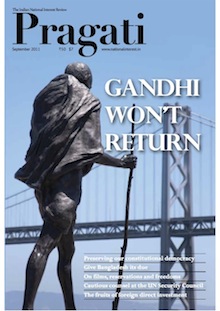 Courtesy: Pragati
Courtesy: Pragati
India has pursued a careful, well-thought out policy to prove that it can be a responsible permanent member on the UN Security Council.
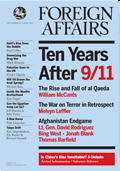 Courtesy: Foreign Affairs
Courtesy: Foreign Affairs
In 2001, fearing ethnic strife, the international community pushed for a strong central government in Kabul. But such fears fostered a system of regional and ethnic patronage. To correct matters, the U.S. should de-emphasize Afghanistan’s ethnic fault lines and push for more devolved and inclusive governance.
 Courtesy: Pragati
Courtesy: Pragati
Both Tokyo and New Delhi see each other as reliable partners, and continue to do so after the Japanese earthquake and nuclear disaster. The Japan-India relations in the post-disaster environment must be understood in terms of humanitarian, economic and strategic dimensions.
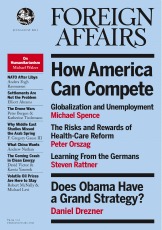 Courtesy: Foreign Affairs
Courtesy: Foreign Affairs
Henry Kissinger's new book argues that the United States should yield gracefully to China's rise; Aaron Friedberg's gives the opposite advice. By focusing on intentions instead of capabilities, both books overstate China's actual power.
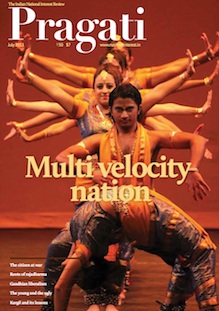 Courtesy: Pragati
Courtesy: Pragati
On May 1998, as India declared itself as a nuclear weapons state, it also committed its nuclear program to the No First Use of nuclear weapons policy. Consequently, the policy has been viewed as a democratic option, but what does this say about India?
 Courtesy: NilgunGulcan/WikimediaCommons
Courtesy: NilgunGulcan/WikimediaCommons
The AKP’s reaction to this spring’s uprisings in the Middle East seemed haphazard at times. But a closer look reveals that the party was actually learning to balance hard regional interests with its stated values – as all major powers must do.
 Courtesy: Pragati
Courtesy: Pragati
The execution of Osama Bin Laden has led to a decline in international military presence in Afghanistan, opening the door for developmental agencies and regional actors to play a more active role. Can India take advantage of this critical juncture and work towards achieving peace in Afghanistan?
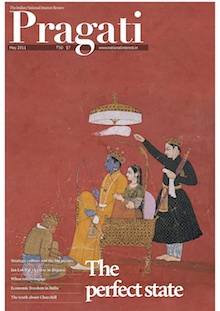 Courtesy: Pragati
Courtesy: Pragati
The earthquake and tsunami - not to forget the nuclear disaster - in Japan, along with the escalating Arab Spring has trigged a series of geoeconomic events. What, thus, is the bigger picture that emerges?
 Courtesy:
Courtesy:
Pakistan is unlikely to collapse anytime soon, but the imbalance of power between its civilian and military branches needs to be addressed if it is to become an effective modern state. Washington must stop coddling Pakistan’s military and instead work patiently to support the country’s civilian authorities.
 Courtesy:
Courtesy:
As Pakistan's military dictators are proving to be more prosperous than its “democratically” elected leaders over the past two decades, Harini Calamur explains the history behind the country's capitalist foundation.